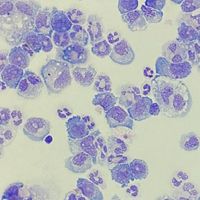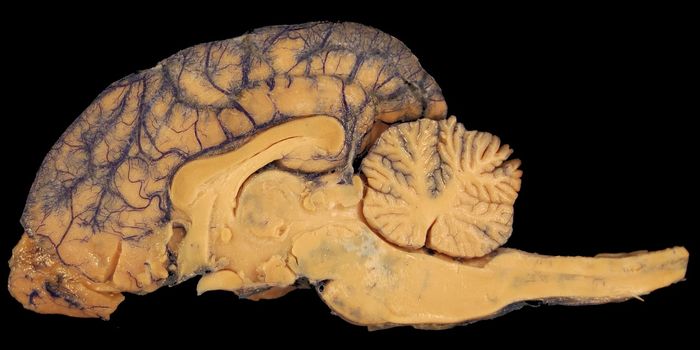Cell Death Switch Activates Cancer Death
Scientists from the University of California Davis (UC Davis) Comprehensive Cancer Center have recently published in Cell Death and Disease, identifying a critical protein that causes cells to die. The protein is described as an epitope, which is a section of the protein that is recognized by the immune system to activate a response. This epitope was distinctly found on the CD95 receptor, known to trigger programmed cell death. The report demonstrates a new mechanism to trigger cell death and provide further insight into improved disease treatments.
CD95 receptors, also referred to a “Fas”, are cell death receptors which are present on cell membranes. Once Fas is activated, it generates a signaling cascade which elicits cell death. The mechanism by which cells self-destruct has been an important research topic. By understanding cell death, scientists can generate better therapies for different diseases, including cancer.
Currently, cancer is treated by surgery, chemotherapy, or radiotherapy. Despite initial success, these treatments are unable to fully eradicate tumor cells. Immunotherapy is a new approach to target cancer. Immunotherapy refers to therapeutics modulating the immune system to elicit an effective immune response. This is a more indirect approach compared to lysing tumors with a chemical. One specific immunotherapy referred to as chimeric antigen receptor (CAR) T-cell therapy is a treatment in which T cells, or cytotoxic immune cells, are engineered to lyse tumor cells. Unfortunately, CAR T-cell therapy is limited due to the tumor’s ability to prevent T cell activation.
Dr. Jogender Tushir-Singh, senior author and Associate Professor in the Department of Medical Microbiology and Immunology at UC Davis, and others conclude that modulating Fas may improve CAR T-cell therapy. Previous attempts targeting programmed cell death proved unsuccessful. However, Tushir-Singh and others believe this newly discovered epitope could be a viable target for improved tumor death.
Fas plays a major role in immune cell regulation. Interestingly, Tushir-Singh and others suspected the right epitope was needed to specifically lyse tumor cells. Researchers determined that they could selectively target tumor cells with Fas specific epitope and design new antibodies necessary to destroy tumor cells. Therefore, death receptors, such as Fas, are viable targets to simultaneously kill the tumor in combination with CAR T-cell therapy. Previous studies have shown that Fas signaling is critical for CAR T-cell success within heterogenous tumors. Heterogeneity is a hallmark of cancer and contributes to limited therapeutic efficacy. Thus, successful treatment of aggressive heterogenous tumors demonstrates strong immune response. Fas stimulation can create a CAR T-cell bystander effect in which Fas activation kills tumor cells unable to be targeted by CAR T-cell therapy. This combination treatment targets cancer in two different ways to effectively eliminate tumor cells.
Overall, Tushir-Singh and others demonstrate effective tumor lysis through the activation of Fas signaling in combination with CAR T-cell therapy. This work has major implications to the clinic. For example, physicians can screen cancer patients to determine if the specific epitope of Fas receptors are present on the tumor. This will better inform healthcare providers which patients will respond better to CAR T-cell therapy. Therefore, not only could this epitope be targeted for improved treatment response, but it can also act as a biomarker to better predict treatment outcomes in patients.
Published, University of California Davis (UC Davis) Comprehensive Cancer Center, Cell Death and Disease, Jogender Tushir-Singh








